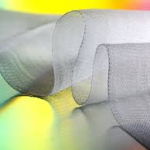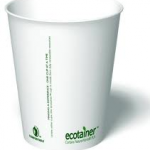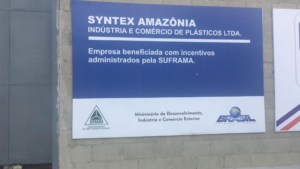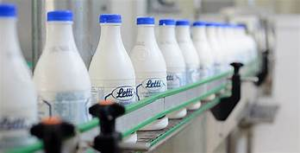PHA – Polyhydroxyalkanoates
Polyhydroxyalkanoates (PHAs) are biodegradable polyesters in environments microbiologically active beside to being biocompatible and may be biosynthesized by bacteria from various sources of renewable or non-renewable carbon or by genetically modified plants. From the industrial point of view, the bacteria are currently the system of choice, and renewable carbon sources the preferred one.
Its physical properties allow them to be used as substitutes for conventional plastics of petrochemical origin in a large number of applications, such as packaging disposability , besides being compatible with the various processes of plastics processing, such as thermoforming, injection , extruded films, wires and others. Since they
are biocompatible, large application in the medical field, such as sutures, templates for tissue engineering and matrix for controlled drug release. Further than it can be send to landfill sites without harming the degradation of the other constituents of waste materials. In the case of the existence of selective collection can be mixed with the organic matter and used as fertilizer after composting.






